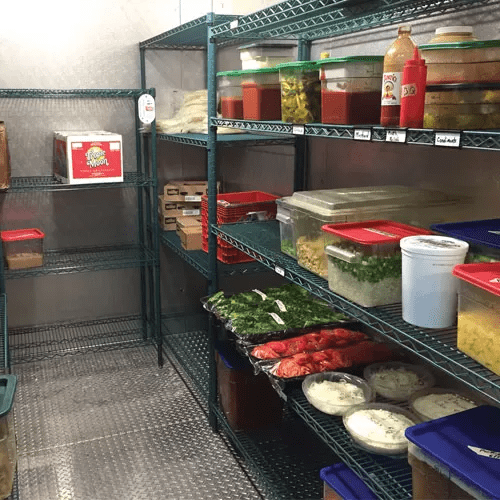When it comes to refrigeration systems, efficiency and reliability are of utmost importance. For businesses that rely on refrigeration, such as supermarkets, restaurants, and medical facilities, having a well-designed and properly functioning refrigeration system is crucial. That’s where building system controls come into play.
In Lubbock, Texas, a city known for its hot summers and cold winters, refrigeration systems play a vital role in preserving food and maintaining comfortable temperatures in various settings. Building system controls are the brains behind these systems, ensuring they operate efficiently and effectively.
So, what exactly are building system controls? In simple terms, they are the devices responsible for monitoring and controlling different aspects of a refrigeration system. These controls are designed to maintain temperature, humidity, air quality, and energy usage, among other factors. By continuously monitoring and adjusting these parameters, building system controls help maximize energy efficiency and minimize operational costs.
One of the key benefits of building system controls is their ability to provide real-time data and analysis. Through sensors, they gather information on temperature, humidity, pressure, and other variables, allowing operators to monitor and manage the system remotely. This data is crucial for detecting and addressing potential issues before they become major problems, preventing costly breakdowns and reducing downtime.
In addition, building system controls play a vital role in energy management. By integrating with advanced algorithms and algorithms, these controls can optimize the operation of refrigeration systems, ensuring that they run at their maximum efficiency. This not only reduces energy consumption and greenhouse gas emissions but also leads to significant cost savings for businesses.
Another advantage of building system controls is their ability to provide automated fault detection and diagnostics. By continuously analyzing system performance, they can identify abnormal patterns or deviations from normal operation. This allows technicians to quickly identify and rectify issues, minimizing equipment downtime and improving overall system reliability.
In Lubbock, refrigeration system controls are particularly crucial due to the extreme weather conditions. Whether it’s maintaining low temperatures during scorching summers or preventing freezing temperatures in winter, these controls ensure that businesses can rely on their refrigeration systems year-round.
The benefits of the controls extend beyond refrigeration systems alone. In many cases, they can be integrated with other building automation systems, such as lighting, ventilation, and security. This integration allows for centralized control and monitoring, resulting in better energy management, enhanced occupant comfort, and improved overall building performance.
In conclusion, these controls are the backbone of refrigeration systems in Lubbock and other similar areas. They provide real-time monitoring, energy management, fault detection, and diagnostics, ensuring optimal performance and reliability. By investing in these controls, businesses can minimize operational costs, reduce energy consumption, and achieve a sustainable and efficient refrigeration system.


Recent Comments